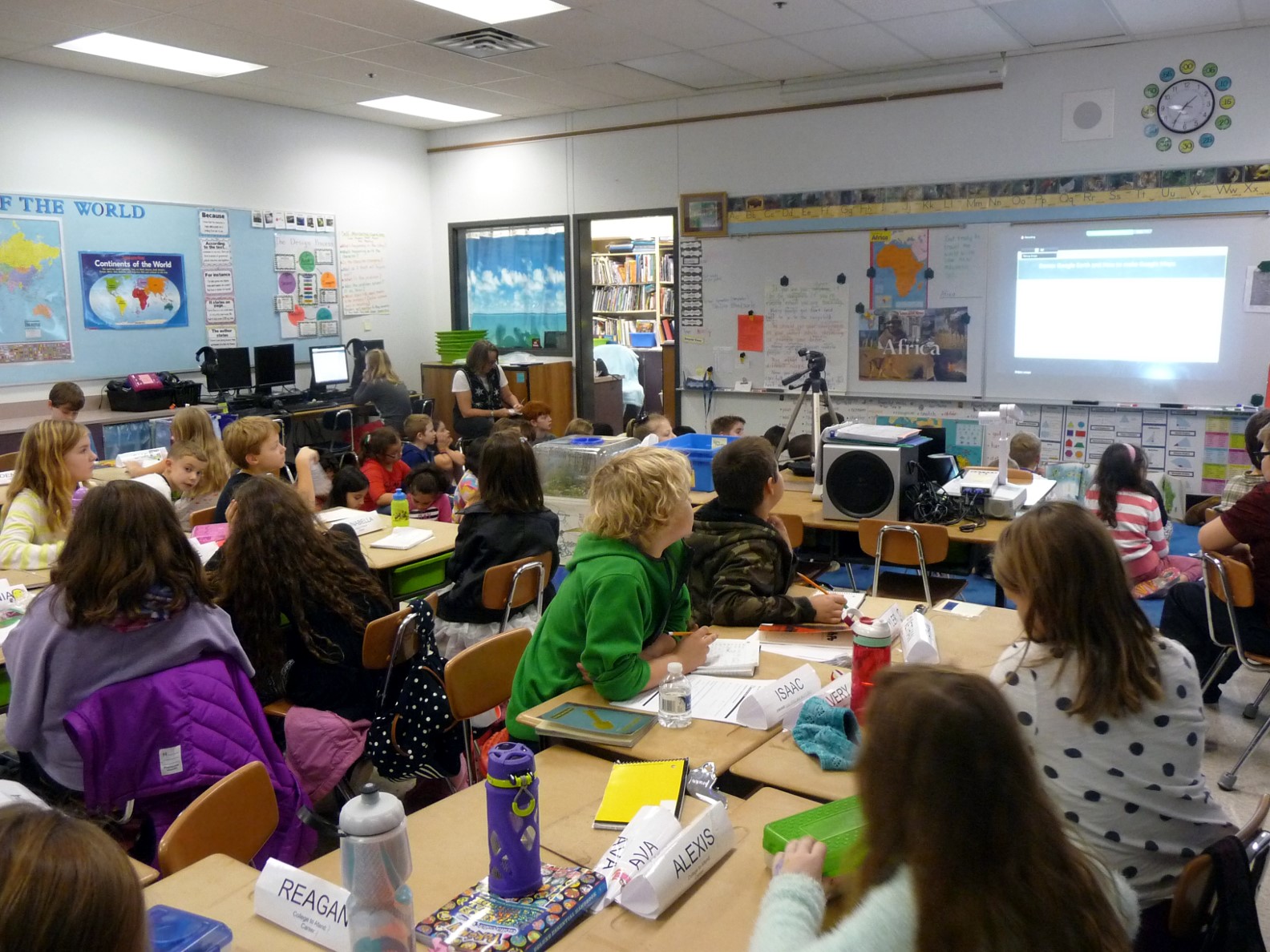For Education Accountability To Work, It Has To Evolve

Schools are being watched more closely than ever and are being held more accountable for the education of their students. But, what does this accountability mean and who is responsible?
In America, every child has the right to attend school from kindergarten through high school. American children are supposed to have access to quality education, but this is not always the case. Who should be responsible for the shortcomings of the education system: teachers? Administrators? State education departments? Or is it the federal education department? In some facet, each one owns responsibility for the educational career of its students and children.
Federal Mandates
Federal mandates attempt to bring quality education to all children in America and level the playing field, yet falls short with addressing major issues such as internet access, school budgets, and socioeconomic situations of different regions of the country. The government continues to find ways to address the concerns of student growth and school success, but there has yet to be a plan that fully addresses all issues.
No Child Left Behind Act: A Step In the Right Direction
Under the No Child Left Behind Act (NCLB), there was a push for schools to have high proficiency rates on standardized tests and reach a mark that deemed students’ learning as adequate, yet many other factors that affect a child’s education were not considered. There are methods that students can learn to pass a test. However, these methods do not teach the student to retain and understand information. The methods model how to eliminate incorrect answers and determine a relationship between the question and the correct answer. Being able to use this methodology does not mean students truly understand the ideas and concepts that were put forth that particular year and years prior.
Every Student Succeeds Act: Still Falls Short
In more recent years, the Every Student Succeeds Act has replaced NCLB by taking into account more factors than just proficiency testing. The shortfall here has been the squeezing out of creative outlets that foster student growth and development. These courses include the arts, music, physical education, and many other “elective type” classes. Immersive opportunities are also being cut and take away from firsthand experiences students were afforded in the past. A drastic decrease in the number of time students engage in non-tested subjects such as History and Science also takes away from students’ education. However, other factors, such as student absenteeism, are taken into account when assessing the school.
Responsibility In Our Local Schools
Teachers and administrators should be held accountable for their students’ education because promotion and retention depend on the skills children learn every year. Many prominent psychologists have completed research on the development of children and on the ability of the human brain to retain information. Many times the window to learn a skill is very small, and specific skills need to be acquired before the window closes. If the skills, such as speech, are not acquired by a specific age, they cannot be learned later on. Famous, and unfortunate, cases such as Genie Wiley, the feral child, gave doctors and psychologists grounding evidence that language and skill acquisition are fragile skills that have a very short timeframe in which they can be developed. If teachers and administrators are not held accountable for these skills and overall student development, students can lose a year of progress, if not more.
While intentions are in the right place to hold schools accountable, the education system does not address accountability appropriately and misses a few targets. There should be no shortage of quality teachers, unattainable goals for educators to reach, or new teachers are thrown into classrooms with the most vulnerable students. There needs to be continued work on different legislation and said legislation should be fluid. Just as school districts, teachers, and administrators need to evolve with new trends and breakthroughs in education, accountability, in and of itself, should evolve.





